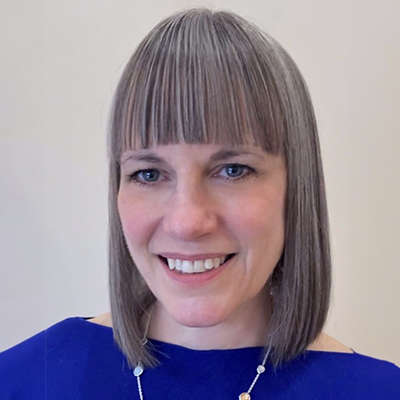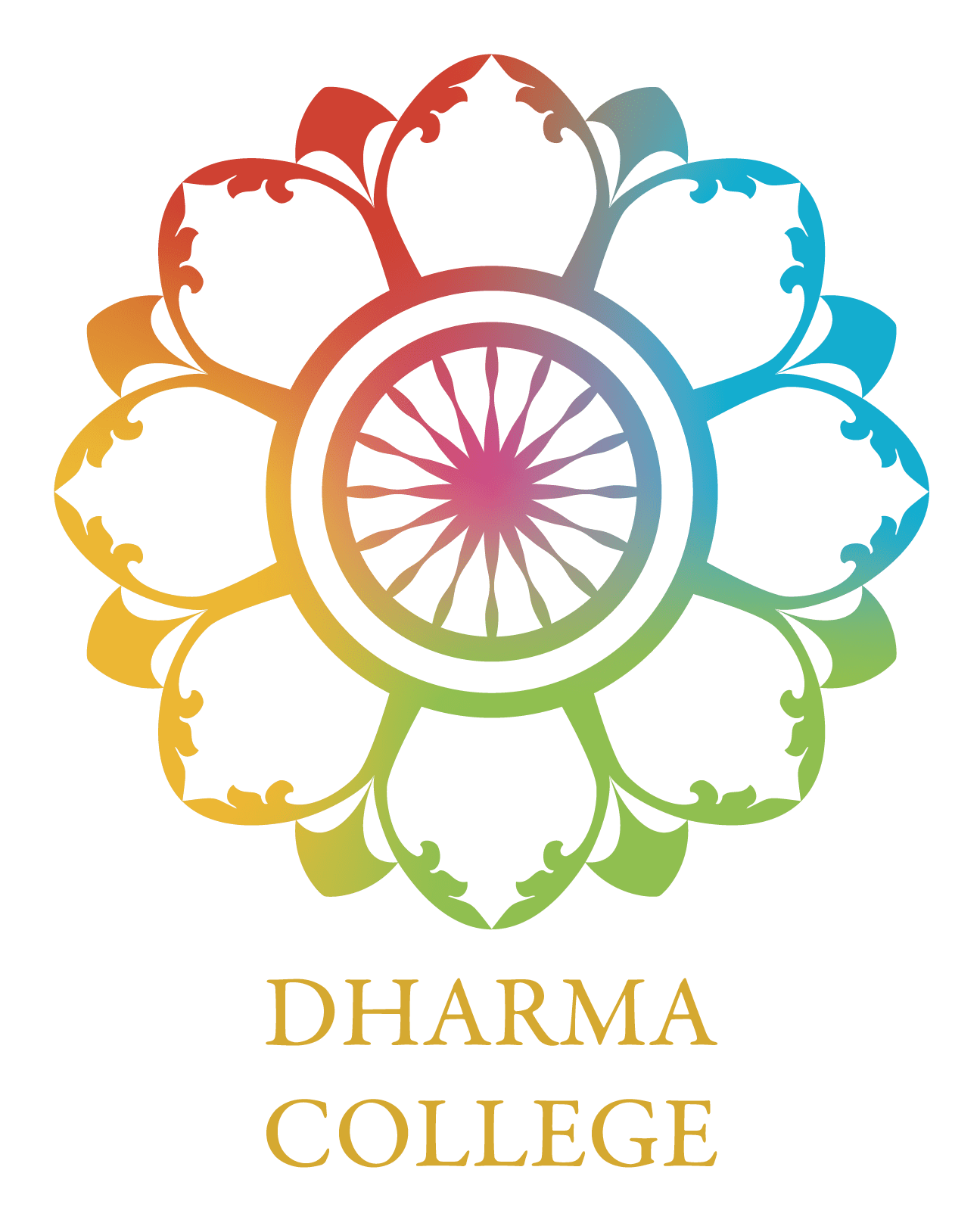Meet Our Faculty
Buddhism and western
psychological methods both aim to relieve suffering, however, they have
important differences in their models of the mind, and the methods and aims
that follow from those models. Together, we will explore these differences and
clarify problems inherent in approaching Buddhism with unexamined Western
biases about the mind. Each class will include a short experiential practice
Who
is this course for?
- Suitable for anyone
interested in how the mind engages experience and how it can be transformed to
reduce suffering, and increase emotional freedom, regardless of age,
background, or prior study.
- Ideal for anyone
seeking to relax deeply, find joy, and pave the way towards positive
transformation.
What
you will gain:
- A better
understanding about the underlying premises of Western and Buddhist approaches
to the mind and its transformation, allowing readier access to the benefits of
both approaches.
- Effective strategies
to transform your thinking, feeling, and being.
- Skills to relax
deeply and experience genuine joy.
Testimonials
“Kathleen's insights truly illuminated the key concepts for me. Thank you for your invaluable guidance!”
Gwynne R.
“This class challenges my thinking in all the best ways, leaving me with profound ideas to reflect on.”
Michael P.
“A thought-provoking and captivating experience—thank you for the enriching class!”
Fran B.
Classes meet online for six weeks, for one and
one-half hours (90 minutes) per week. Classes are recorded and you will have
access to the recordings for your personal use only, for six months. Each week,
there will be a short presentation accompanied by experiential practices and
discussion. An online community portal gives you the ability to meet and
dialogue with your fellow students between classes. Short readings will be
offered for those who wish during the week.
Week
1: The Buddhist View: The Three Marks of Existence and the Origin of Suffering
Week
2: The Psychoanalytic View: The Discovery of the Unconscious and Neurosis as
the cause of Suffering.
Week
3: The Buddhist Methods: Meditation and Motivations
Week
4: The Psychoanalytic Methods: Talk, Transference,
and Interpretation: Developing Meaning and a coherent sense of self.
Week
5: The Buddhist Result: Enlightenment- what is it really?
Week 6: The Psychoanalytic Result: Ordinary suffering, and a
realistic relationship with conventional reality.
01.
The Psychoamalytic Model of the Mind; Elizabeth Auchincloss,
M.D., American Psychiatric Publishing, 2015
02.
Psychoanalysis: A Very Short Introduction; Daniel Pick,
Oxford University Press, 2015
03.
Advances in Contemplative Psychotherapy, Accelerating
Personal and Social Transformation; Ed by J Loizzo, F Brandon, E Wolf, and M
Neale, Routledge Press, 2023
04.
A Meditator’s Guide to Buddhism, Cortland Dahl, Shambhala
Publications, Inc, 2024
05.
Exploring the Mind: A Textbook for Exploring Buddhism, Geshe
Tensin Namak, FPMT Education Services, 2021
06.
The Psychology of Buddhist Tantra; Rob Preece, Snow Lion
Publications, 2006
Dr. Kathleen Lyon
graduated with a BA in Chemistry (Summa Cum Laude), from Rutgers University
(Douglass College), received her MD from the University of Maryland School of
Medicine, and her psychoanalytic training from The Psychoanalytic Association
of New York (PANY). She is a Training
and Supervising Analyst on faculty at PANY, and the NYU School of Medicine,
teaching at both institutions for over 20 years and receiving the Teacher of
the Year award in Psychiatry in 2007.
She is also a member of and on the clinical register of the
Neuropsychoanalytic Association. A Buddhist practitioner since the 1990s. She
is in the full-time private practice of psychoanalysis, psychotherapy, and
psychiatry in New York City.
Level 100 | Living
Mondays November 25th to December 30th 2024
1:00 - 2:30pm PST - 6 Classes
FREE CANCELLATION AFTER FIRST CLASS


